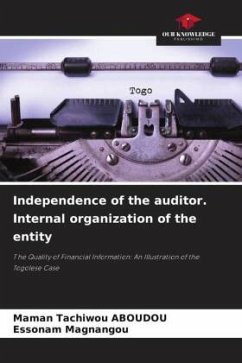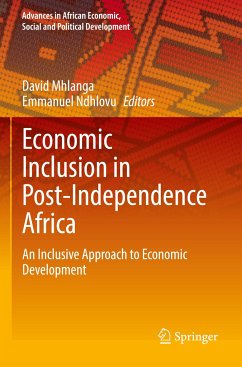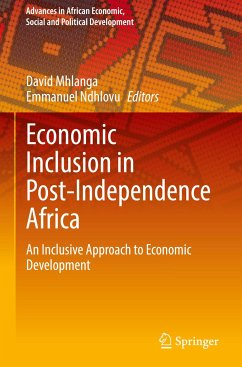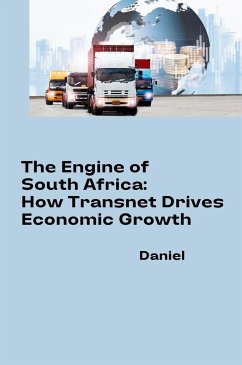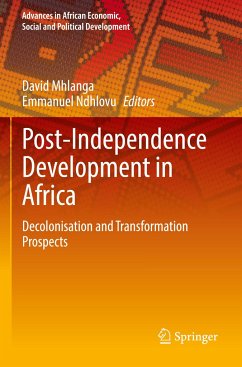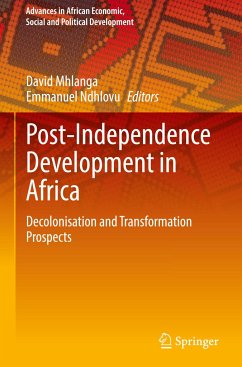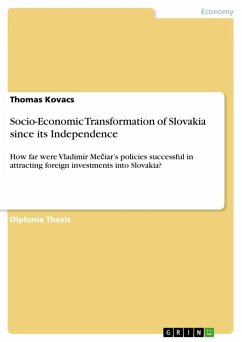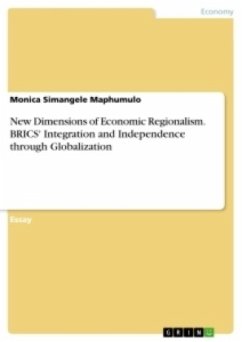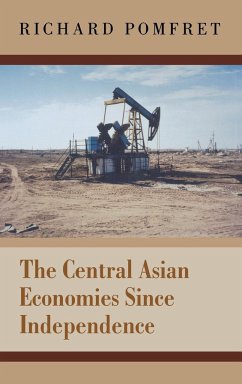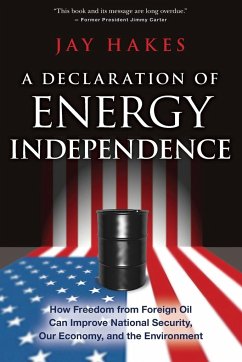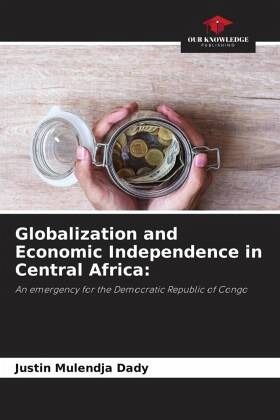
Globalization and Economic Independence in Central Africa:
An emergency for the Democratic Republic of Congo
Versandkostenfrei!
Versandfertig in 6-10 Tagen
40,99 €
inkl. MwSt.

PAYBACK Punkte
20 °P sammeln!
A state is economically independent when it has sufficient room for maneuver to freely dispose of the means (channels) of its choice to achieve its development objectives. This is not yet the case for the Democratic Republic of Congo. At the time of its independence in 1960, the Democratic Republic of the Congo was the second most industrialized country in Africa after South Africa. Although it boasted a flourishing mining sector and a relatively productive cash crop, growth remained fragile, dependent as it was on foreign demand, particularly from the USA and China, and weak in the face of fo...
A state is economically independent when it has sufficient room for maneuver to freely dispose of the means (channels) of its choice to achieve its development objectives. This is not yet the case for the Democratic Republic of Congo. At the time of its independence in 1960, the Democratic Republic of the Congo was the second most industrialized country in Africa after South Africa. Although it boasted a flourishing mining sector and a relatively productive cash crop, growth remained fragile, dependent as it was on foreign demand, particularly from the USA and China, and weak in the face of foreign competition for commodities, an impact of globalization.The aim of this book is to show how Central Africa, and more specifically the Democratic Republic of Congo, can guarantee its economic independence, an emergency or supreme stage in its development. In this study, the author proposes a number of possible solutions.



